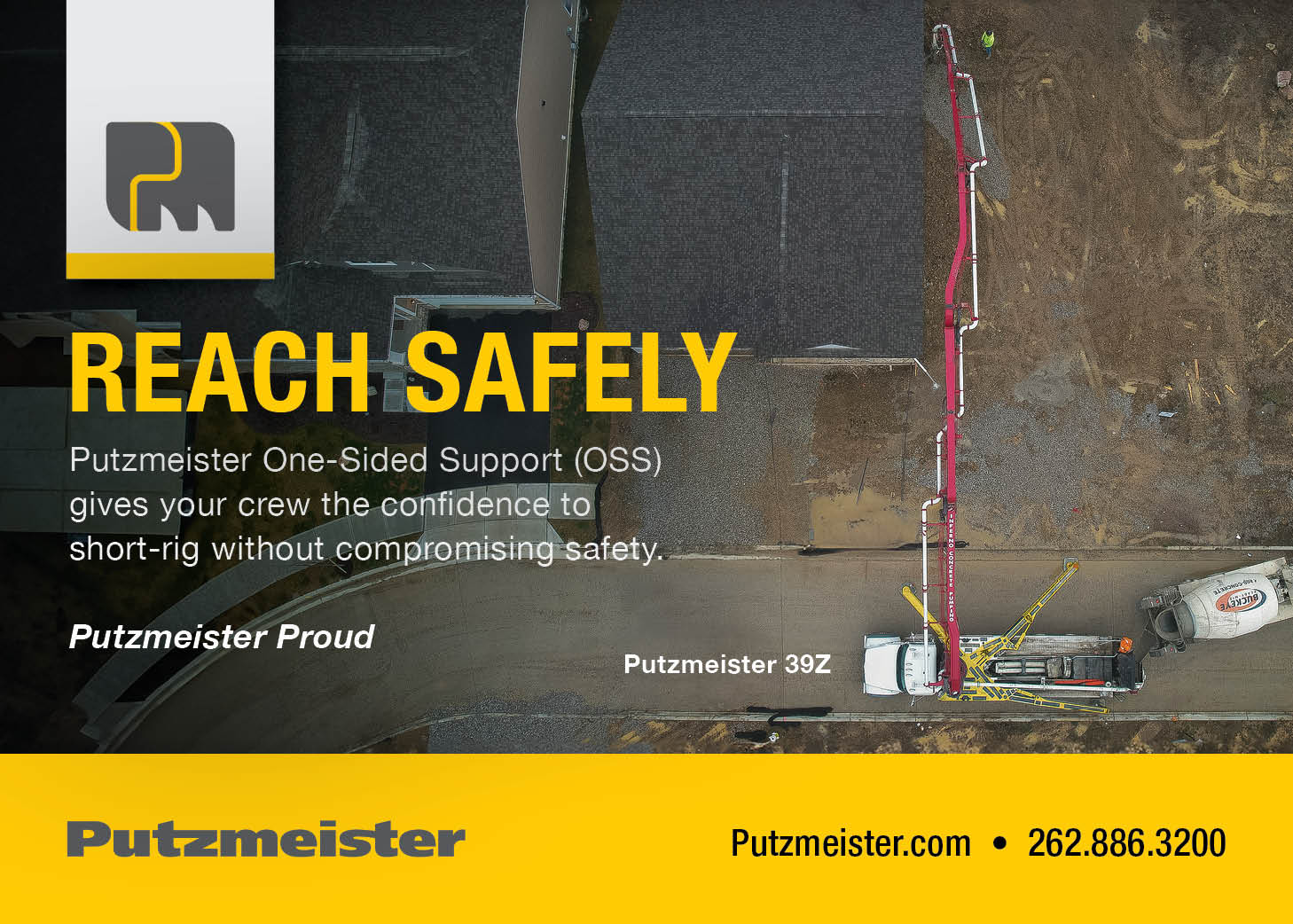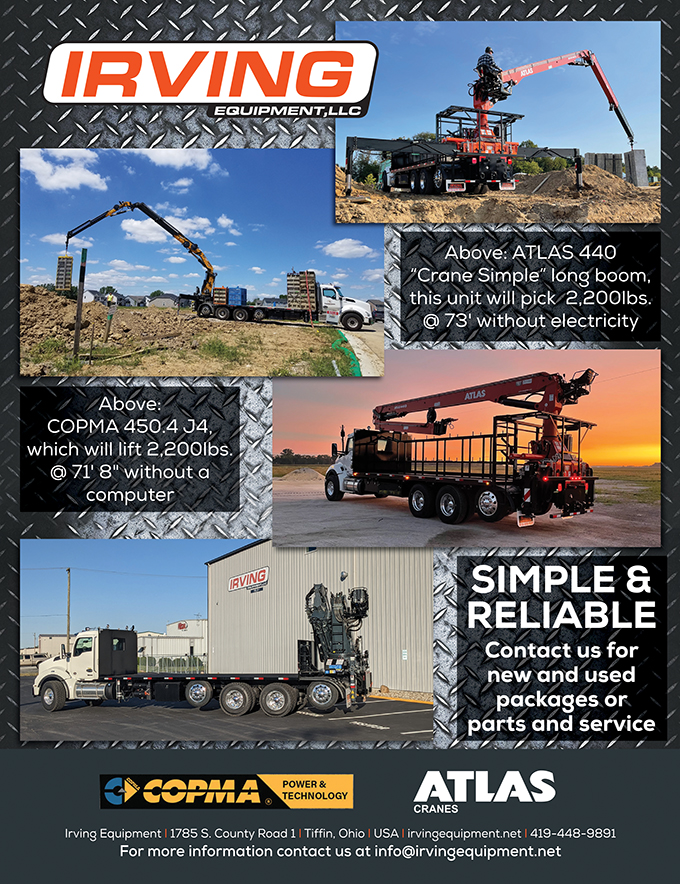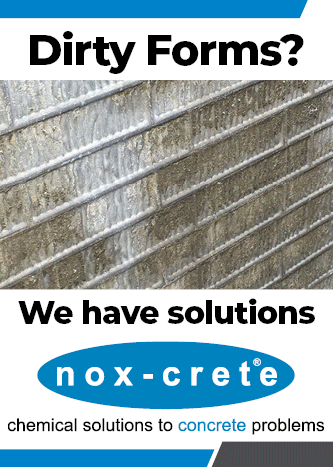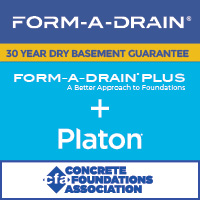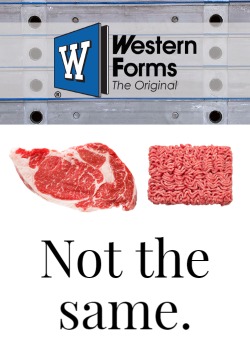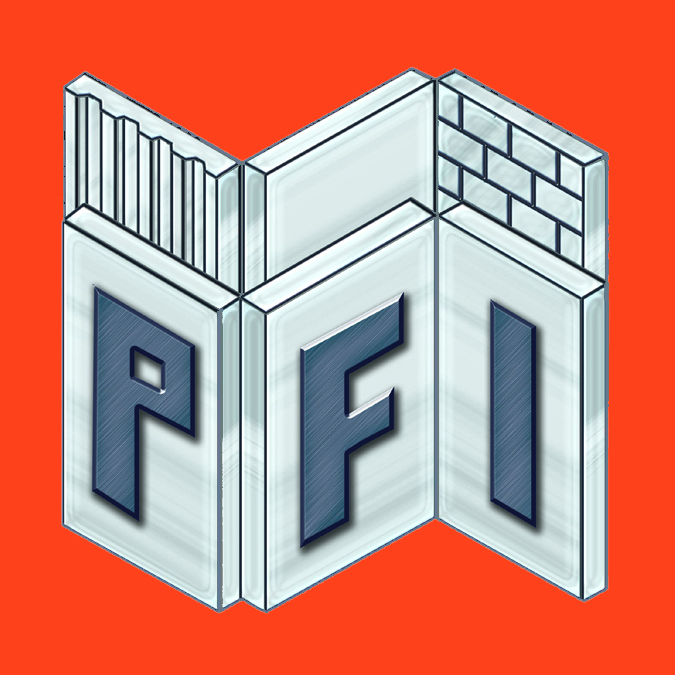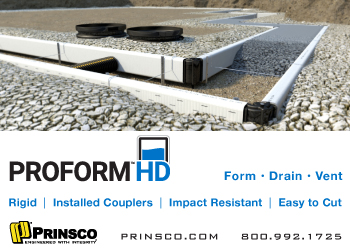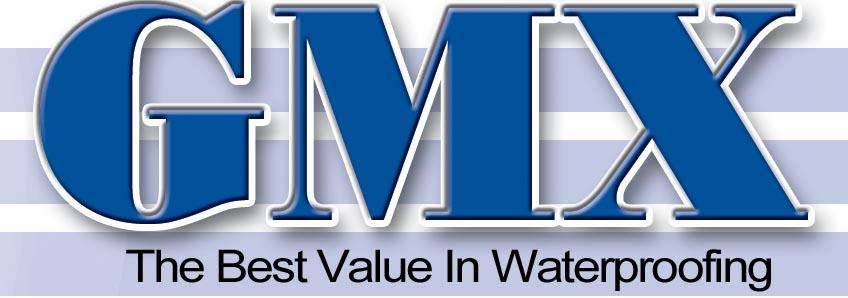Comparing Innovative Concrete Material Options for a Residential Home

It’s no secret that the unparalleled COVID-19 pandemic has had some unpredictable impacts on industries worldwide. For the first time since 2010, the cost of construction has fallen. However, material costs are rising.
In June alone, raw material costs rose by 2.2%. The price of lumber jumped 16.5% in July and is up 19% overall. These trends are frustrating for those in the construction sector.
Social distancing and safety concerns are high, and the economy isn’t exactly stable. These conditions have resulted in more homeowners and businesses hitting the pause button on their construction projects.
So, the demand for construction is lower, leading to a decrease in construction costs. However, buckling supply chains and trade tensions have caused material prices to rise.
This unfortunate combination leads to workers in the construction industry scrambling to afford the materials they’ve always used. Thankfully, there’s a material whose price isn’t rising and whose functionality is varied enough to serve as a substitute during these trying times.
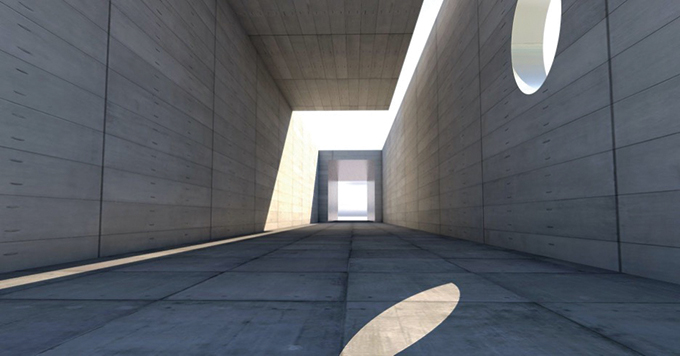
That material is concrete.
The Advantages of Concrete
In general, concrete boasts many outstanding advantages as a material – especially for the average homeowner and residential builder.
Concrete is:
- Cost-effective
- Incredibly Durable
- Naturally Resists High Temperatures
- Pest-Resistant
- Can Be Painted or Polished
- Low Carbon Footprint
- Doesn’t Rot, Burn, Or Rust
- Impressive Insulation Qualities
- Unparalleled Longevity, Strength, and Resilience
- Low-Maintenance
- Recyclable
These advantages are more apparent in some uses than others. While concrete is traditionally used in slabs, sidewalks, and basement walls – are there other places to use it, too?
How can you use concrete in a residential home?
The Many Innovative Uses of Concrete in a Residential Home

Here are the top seven innovative uses for concrete inside a residential home.
- Wall Systems – Today, you can build the entire wall system, basically the whole home, out of concrete. These concrete block homes are gaining popularity for their environmental advantages, disaster-resistance, durability, and energy-efficiency. Rather than using standard walls, these homes use insulated concrete forms (ICFs) or concrete blocks.
- Framing – With the cost of wood on the rise, there’s an influx of homeowners switching to structural concrete shells instead of the traditional framed home. This technique provides a unique home that has higher sustainability, resistance, and longevity.
- Countertops – Concrete can also be used for countertops. It’s a fantastic, cost-effective alternative to natural stone, and it can be painted and polished to look like any countertop type. Since it resists heat and rot, it’s a perfect material for kitchen or bathroom counters – as long as it’s properly sealed.
- Flooring – With the cost of wood on the rise, we might see a drop in demand for hardwood floors. Thankfully, concrete is an insulating flooring material. You can paint it to mimic natural wood or stone, and thanks to its insulating properties, it’s not as starkly cold as tile.
- Driveway – Concrete is a pretty conventional driveway material. However, thanks to stains, polishes, stamps, and techniques, there’s no shortage of unique driveway paving ideas out there.
- Fireplace – Since concrete naturally resists fire, it’s an excellent material for creating dreamy fireplaces in residential homes. It can look like natural stone, brick, or it can maintain an industrial appearance. Either way, concrete is a fantastic material for fireplaces.
- Stairs – Concrete is also a great material to use instead of wood for stairs. In fact, concrete stairs will be more durable and lower maintenance than wooden stairs.

Start Using More Concrete
Clearly, there are many innovative ways to use concrete in a residential home. We would wager to say that almost every single residential home element could be replaced by concrete.
There are several different concrete types on the market, ranging from your standard, Portland cement-based concrete to your high-strength and high-performance varieties. Ultimately, the right concrete will depend on the job at hand. Simply search for your needs, and there will be a concrete variety to fit your project’s needs.
Matt Lee is the owner of the Innovative Building Materials blog and a content writer for the building materials industry. He is focused on helping fellow homeowners, contractors, and architects discover materials and methods of construction that save money, improve energy efficiency, and increase property value.
